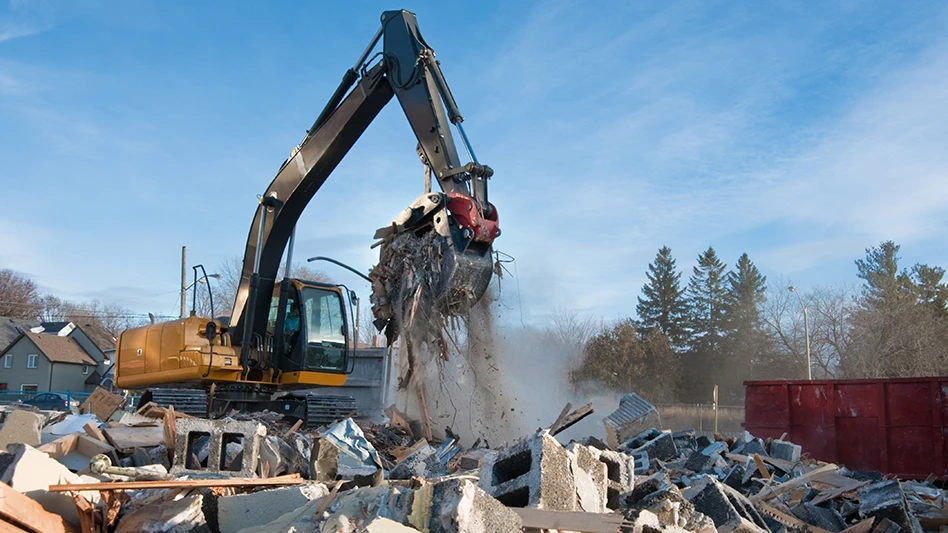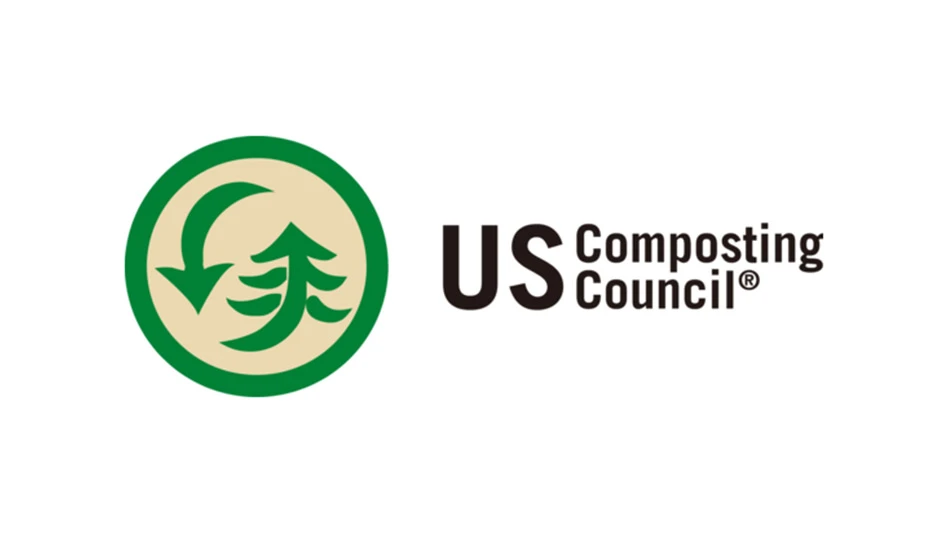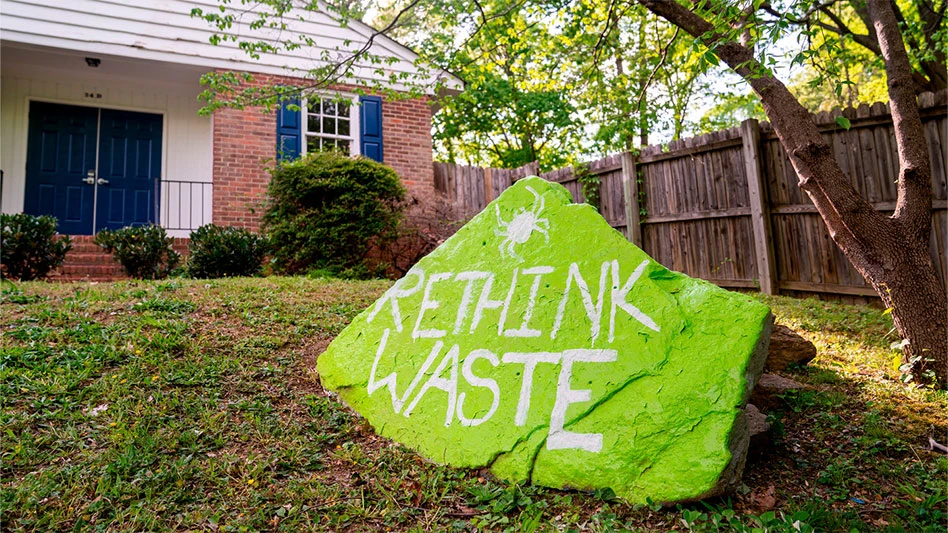
aryfahmed | stock.adobe.com
United Kingdom-based size reduction and screening equipment maker Terex Ecotec, which has a United States office in Newton, New Hampshire, has introduced a range of windrow turners, the TCT 630 and TCT 580. Terex Ecotec says the turners are designed to optimize large-scale composting operations.
“In commercial composting, organic waste is arranged in long, narrow piles called windrows, which must be regularly turned to ensure proper aeration, moisture control and temperature regulation,” Terex Ecotec Sales Director Thomas Coulter says. “This process is essential for accelerating decomposition and producing high-quality compost. The TCT 630 and TCT 580 are purpose-built to streamline this process, providing operators with powerful, reliable and easy-to-use solutions for turning windrows quickly and effectively.”
RELATED: Terex Ecotec crusher has health care tie-in
The TCT 630 Windrow Turner is built for the demands of high-capacity composting operations. It has a drum size of 20.7 feet by 55 inches and a throughput of 6,600 cubic yards per hour. Terex Ecotec says its rotor is specifically designed to lift, aerate and evenly mix windrows without excessive shredding of contaminants, maintaining material integrity for streamlined downstream processing.
Equipped with a patented control system, the TCT 630 automatically adjusts windrows, reducing the need for manual intervention, the company says. It also has a semiautonomous operational function, which reduces operator workload and reportedly improves fuel efficiency by up to 25 percent.
The TCT 580 Windrow Turner is slightly more compact but also turns windrows without fragmenting contaminants, Terex Ecotec says.
“Our new windrow turners are designed to provide customers with a powerful, reliable and efficient composting solution, with reduced fuel consumption, lower operating costs and improved composting results,” Coulter says. “By optimizing aeration and decomposition, these machines accelerate the composting process, transforming organic waste into high-quality compost—efficiently and responsibly.”
Get curated news on YOUR industry.
Enter your email to receive our newsletters.
Latest from Waste Today
- Michigan county issues notice to waste hauler over pickup delays
- OC Waste & Recycling wins 4 national awards
- AMCS appoints general manager for North America
- Philadelphia strike ends as city workers reach tentative deal
- Cards acquires National Waste of Tulsa, Oklahoma
- Sunshine Canyon Landfill deploys biocover technology trial
- Minus Waste Solutions secures growth equity investment
- Motion opens new branch in Quebec






